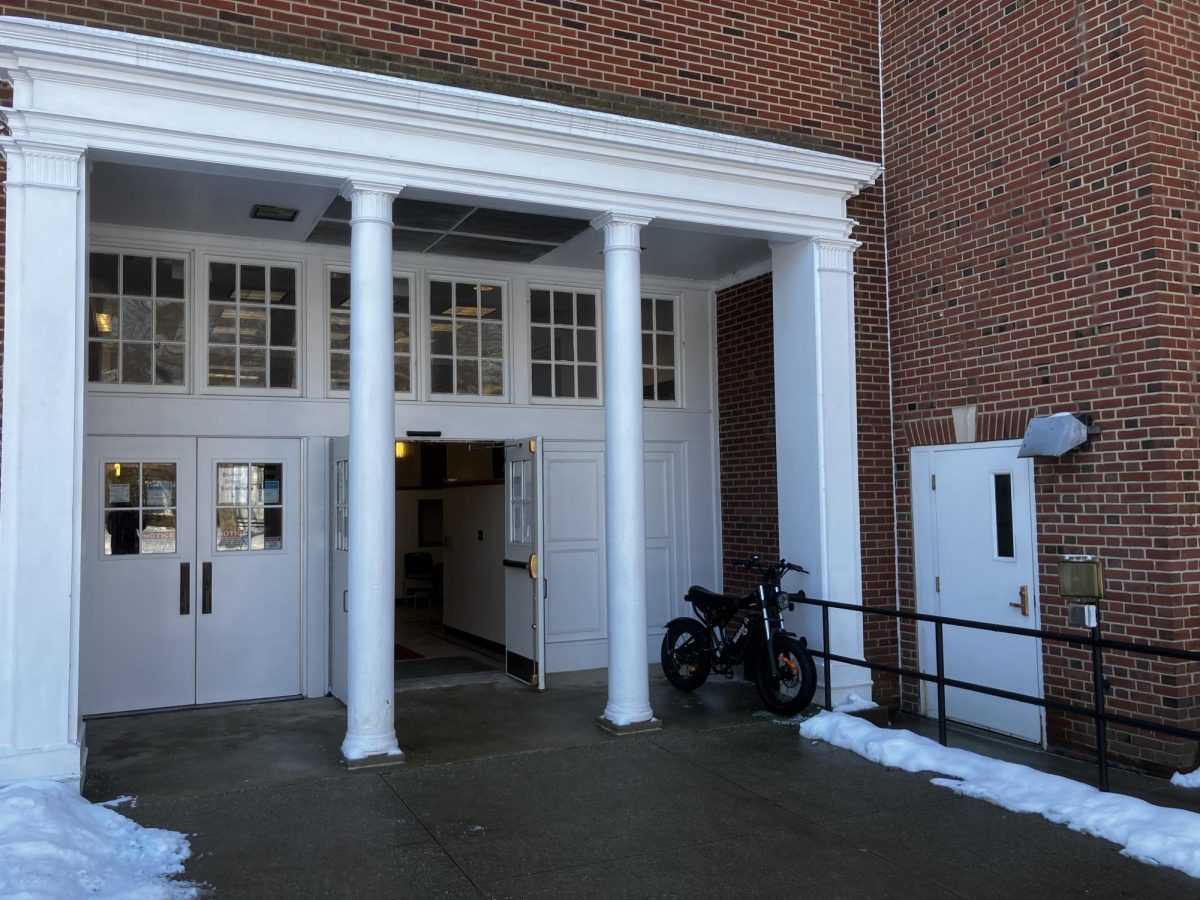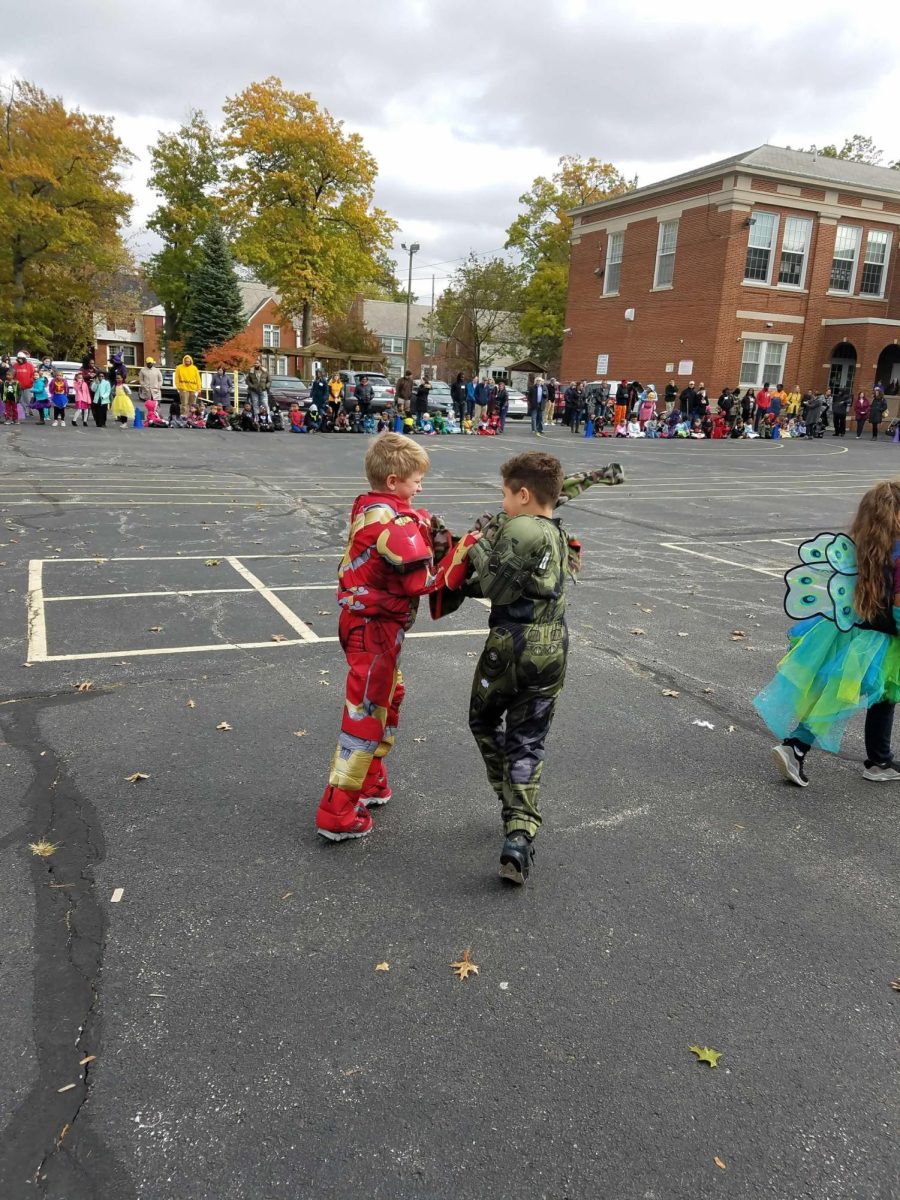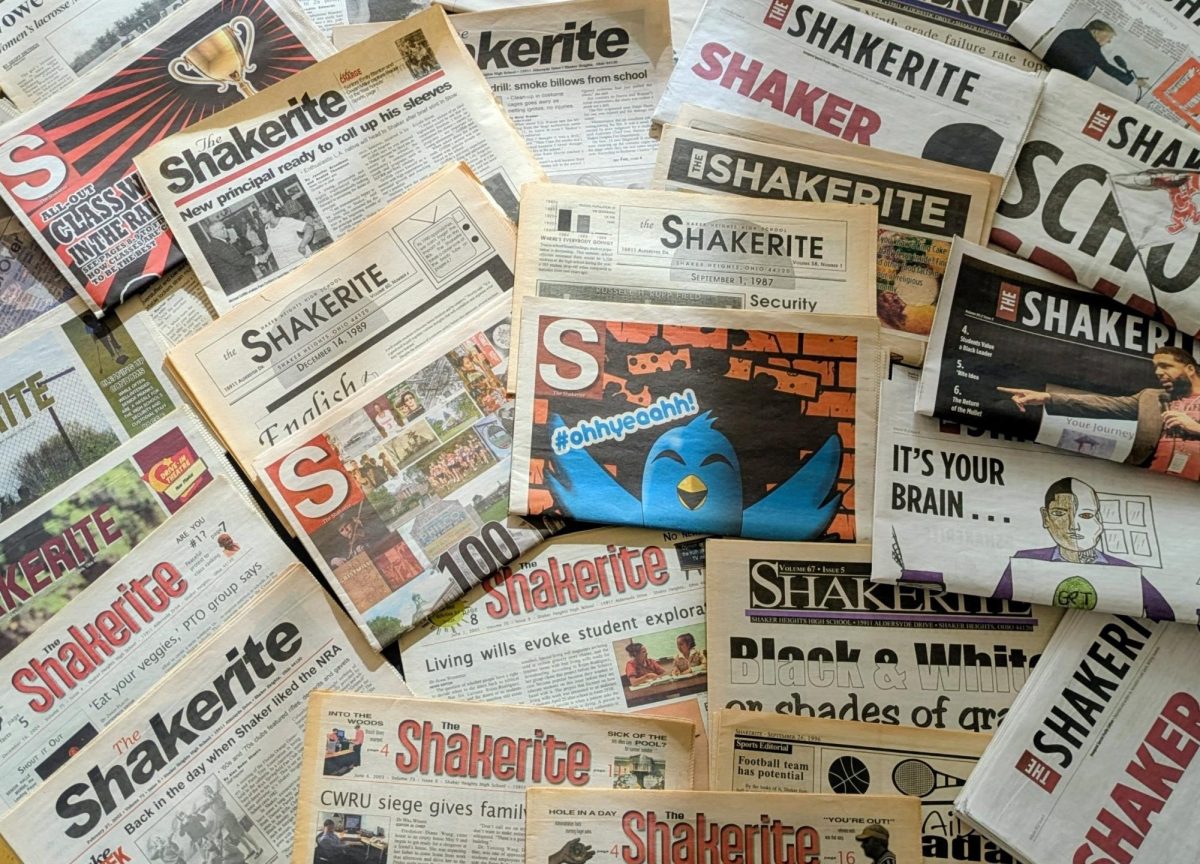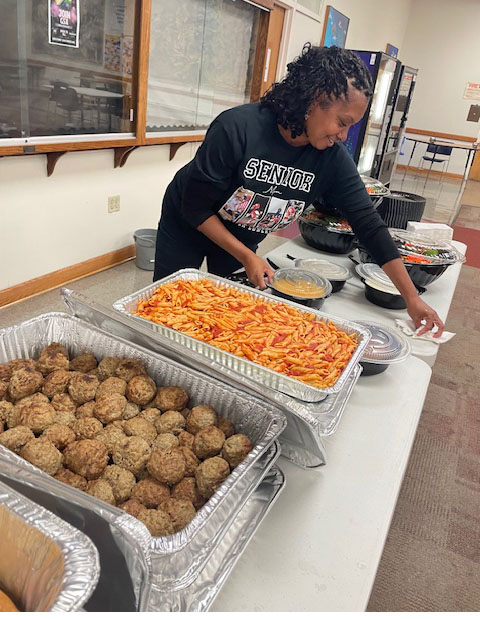Students will walk through weapon detection and into the building for the first time Jan. 22.
Students will enter the building through the main entrance, the egress or the lower cafeteria. Interim Principal Isaiah Wyatt said that he is considering designating one entrance for students who bring athletic bags if it is necessary to speed up arrival.
Doors will open at 7:45 a.m. instead of 8:10 a.m. “I’m hoping that’s enough time that we can get everybody in by 8:20, and if we don’t, I’m looking to watch it, see where we can improve it and figure out how we can tweak it,” Wyatt said.
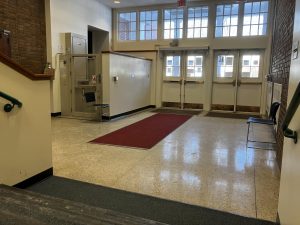
Wyatt said that students won’t be marked tardy if the screening causes them to arrive to class late. However, he said that he wants to prevent delays when possible. “The goal is absolutely not to have a whole bunch of kids standing outside wrapped around the street, and everyone is 25, 30 minutes late to class,” Wyatt said.
The Jan. 22 forecast shows a low temperature of -3 degrees Fahrenheit, with a wind chill reaching as low as -11.
The accessibility ramp in the egress will not be used for weapon detection. “We’re gonna honor this space,” Wyatt said, “so that our students with physical needs are still able to enter without having to be waiting and go through the main line. This is still their entrance.”
Wyatt said that the OpenGate weapon detection will be sensitive enough to detect a smartphone. “I know that the main focus, the main concept of doing it, is to stop weapons from getting into the school. I also know that cell phones are a problem in certain spaces of our school, and this could strengthen it,” Wyatt said.
If enough students violate the Yondr policy, Wyatt said that he would consider other measures to prevent smartphone use. “Maybe we put phones in bags, write people’s names on them, put them in a bin, confiscate the phone for a day,” Wyatt said. He also said that he would notify the students’ parents of the violation.
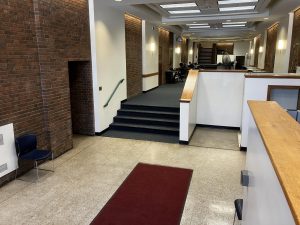
OpenGate training for administrators, security staff and department chairpeople will take place on the Jan. 21 professional day. Wyatt said that he will send a survey to all staff that allows them to sign up for training, however. “I want people to feel comfortable with what we’re doing, and the way you make people feel comfortable is by inviting them to the process,” Wyatt said.
Bag checks are still a possibility, even with detectors. When students arrive at school, they will place items that are likely to set off the detectors, such as Chromebooks and water bottles, on a nearby table. They will then walk through detection while carrying their bags. If the detector goes off, a bag check will be conducted to ensure that the student doesn’t have a weapon.
Said Wyatt, “I know that this will be a change in how they enter their high school, but it’s not gonna be a change in how we interact with you as a student. We want you to still feel that sense of belonging. We want you to still feel welcome. We want you to still feel like adults see you and care about you.”

